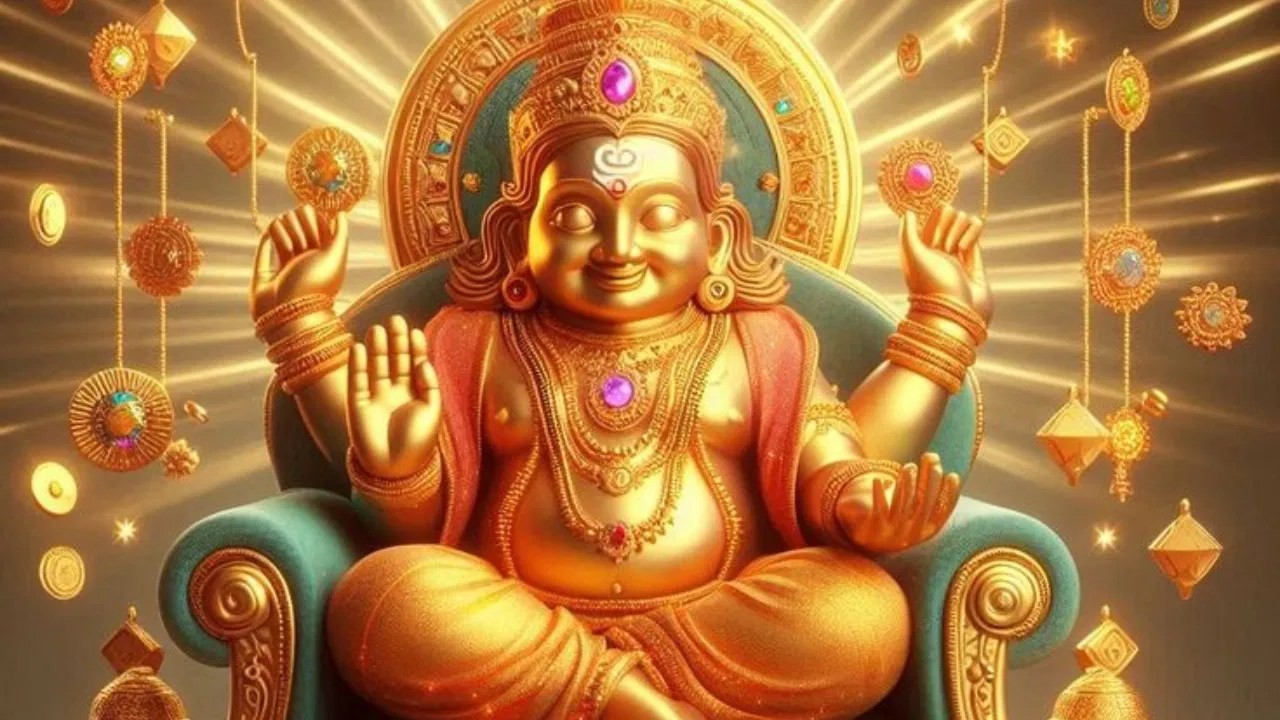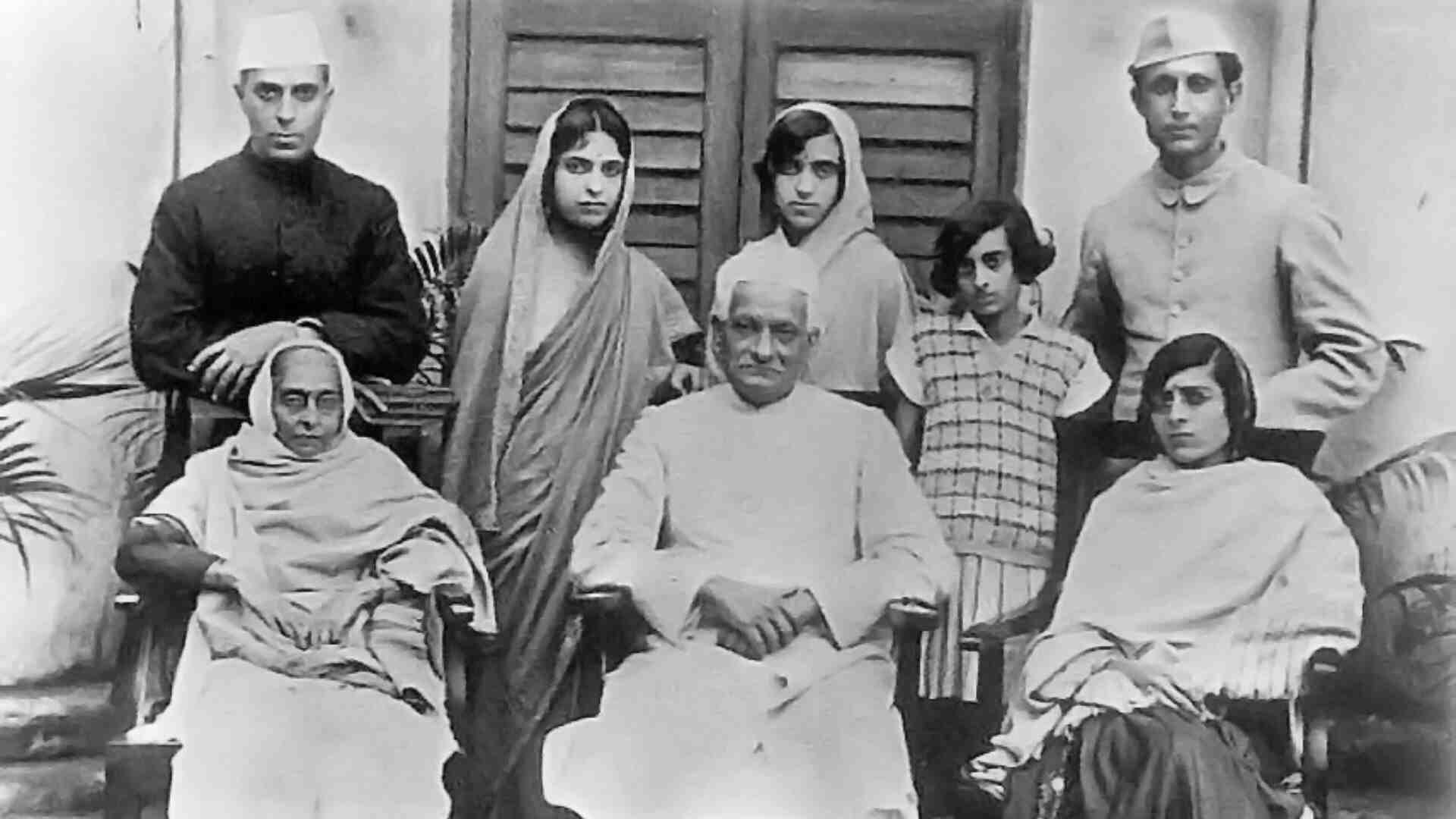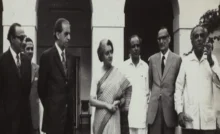Established in 1967, this prestigious parliamentary seat has witnessed the rise and fall of political titans, shaping the course of the state’s and the nation’s history.
The Gandhinagar Lok Sabha constituency, nestled in the heart of Gujarat, is a testament to India’s rich democratic heritage. Established in 1967, this prestigious parliamentary seat has witnessed the rise and fall of political titans, shaping the course of the state’s and the nation’s history. As the nation gears up for the 2024 Lok Sabha elections, Gandhinagar finds itself at the epicenter of political discourse, drawing attention to its diverse electorate and the fierce battles that have defined its legacy. This is a constituency comprising 7 assembly segments Gandhinagar North, Kalol, Sanand, Ghatlodia, Vejalpur, Naranpura, and Sabarmati. It’s an urban-dominated constituency with 79% urban electorate and 21% rural electorate. The Gandhinagar Lok Sabha constituency boasts a diverse voter base, encompassing urban professionals, government employees, and the rural population. Beyond its political significance, the city is renowned for its cultural festivals, verdant spaces, and architectural marvels like the Akshardham temple.
From Congress to BJP’s Citadel
In its early years, the Gandhinagar Lok Sabha seat was a stronghold of the Indian National Congress (INC). Somchandbhai Solanki, the inaugural Member of Parliament (MP) from this constituency, served as a beacon of Congress’ influence from 1967 to 1977. However, the political landscape shifted in 1977 when a non-congress MP Purushottam Ganesh Mavalankar was elected on the ticket of the Janta Party. Again, in 1980, Amrit Mohanal Patel from Congress and GI Patel from Congress in 1984 succeeded in winning the seat but this was the last time Congress attained this seat. After that, the seat became the citadel of the BJP in 1989 when Shankersinh Vaghela, a member of the Bharatiya Janata Party (BJP), emerged victorious, marking the beginning of a new era.
Since that pivotal moment, the BJP has maintained an unwavering grip on the Gandhinagar constituency, winning ten consecutive elections from 1989 to 2019. This unbroken streak is a testament to the party’s deep-rooted connection with the electorate and its ability to resonate with the aspirations of the diverse populace.
In 1996, Vajpayee contested from both Gandhinagar and Lucknow. After winning from both seats, Vajpayee chose to retain the Lucknow seat. Following this, in the by-election held for the Gandhinagar seat, the Congress fielded Bollywood superstar Rajesh Khanna against BJP’s Vijay Patel but lost. In 1998, the Congress fielded P.K. Datta, a former Director General of Police from Gujarat, against Advani. In 1999, the Congress fielded Sheshan against Advani, who was serving as the Chief Election Commissioner and was known for his tough stance. Sheshan lost but put up a strong fight.
Major Winners
The Gandhinagar Lok Sabha seat has been graced by some of India’s most influential political figures, leaving an indelible mark on the nation’s history. Lal Krishna Advani, a stalwart of the BJP, won the constituency six times, from 1991 to 2014, barring 1996, when the late Atal Bihari Vajpayee, another BJP luminary and former Prime Minister, contested and emerged victorious.
Advani’s six-term tenure solidifies Gandhinagar’s significance in the BJP’s political narrative, while Vajpayee’s victory further underscores the seat’s importance. Additionally, the constituency has been represented by notable figures like Shankersinh Vaghela, who later became the Chief Minister of Gujarat, and Amit Shah, the current Union Home Minister and a formidable force in Indian politics. Chief Minister Bhupendra Patel, who represents the Ghatlodia Assembly segment within Gandhinagar, was among the campaigners for Shah.
Diverse Electorate: A Reflection of India’s Plurality Gandhinagar’s electorate is a microcosm of India’s rich cultural tapestry, comprising individuals from various religious, caste, and socio-economic backgrounds. According to the 2019 data, the constituency boasts a total of 19,45,772 voters, with a staggering 86% residing in urban areas and 14% in rural regions.
The religious composition of the constituency is Hindu dominant, with Hindus constituting 92.86% of the population, followed by Muslims (4.1%), Jains (2.21%), Christians (0.58%), Sikhs (0.19%), and Buddhists (0.06%). Additionally, Gandhinagar is home to a significant Scheduled Caste (SC) population of 8.3% and a Scheduled Tribe (ST) population of 1.4%. (As per 2019 )
This diversity in the electorate presents a unique challenge for political parties, requiring them to craft inclusive and nuanced strategies that resonate with the aspirations of various segments of the population.
Congress’ Fading Foothold
Despite its early dominance in Gandhinagar, the Congress party has struggled to regain its foothold in recent times. In 2014, LK Advani’s victory was resounding, with a total of 773,539 votes in his favor. His Indian National Congress (INC) counterpart, Kiritbhai Ishvarbhai Patel, trailed significantly behind, underscoring the BJP’s dominance in the constituency. Fast forward to 2019, in the Lok Sabha elections, the party’s candidate, Chatursingh Javanji Chavda, garnered only 26.6% of the votes, while Amit Shah secured a resounding victory with 69.58% of the vote share. He won by a huge margin of over 5.5 lakh votes.
This setback for the Congress highlights the party’s waning influence in a once-stronghold, as the BJP’s grip on the constituency has only strengthened over the years. The BJP’s ability to connect with the diverse electorate, coupled with its development-focused agenda and the charisma of its leaders, has contributed to its sustained dominance in Gandhinagar.
Emerging Challengers
The Gandhinagar Lok Sabha seat holds immense importance for the BJP, serving as a symbolic bastion of its political might in Gujarat. The party’s unbroken winning streak since 1989 has solidified its dominance in the state, and the constituency has become a source of pride for the BJP’s cadres.
Moreover, the seat’s diverse voter base, comprising both urban and rural populations, presents an opportunity for the party to showcase its inclusive agenda and broad appeal.
By retaining Gandhinagar, the BJP not only reinforces its commitment to the people of Gujarat but also sends a strong message about its unwavering political prowess.
However, the BJP’s dominance is not without challenges.
The Congress, buoyed by its historical presence in the state, may seize the opportunity to reclaim its lost ground by fielding a strong candidate with deep local roots. Additionally, the entry of the Aam Aadmi Party (AAP) into Gujarat’s political arena could potentially disrupt the traditional power dynamics, adding an intriguing dimension to the electoral contest.
However, Amit Shah is more popular as compared to his predecessor. As the Home Minister, he is engaged in several duties, but even after that, he manages to attend the event every month. Women from his family visit the constituency frequently to know the conditions and the problems of the residents.
Challenges and Opportunities
As the nation gears up for the 2024 Lok Sabha elections, the Gandhinagar constituency will once again take center stage. The BJP, buoyed by its past successes and the incumbent Amit Shah’s popularity, is expected to mount a formidable campaign. However, complacency could prove costly, as the Congress and other emerging political forces may seize the opportunity to challenge the BJP’s dominance.
This time the Congress fielded its All India Congress Committee (AICC) secretary Sonal Patel who contested in the Gujarat Assembly 2022 election from Naranpura but lost.
For the Congress and the AAP, the road ahead is arduous, but not insurmountable. By presenting a compelling vision for development, addressing the concerns of the diverse electorate, and capitalizing on any potential dissatisfaction or anti-incumbency sentiments, these parties may yet reclaim a foothold in Gandhinagar.
As per data from the Election Commission of India, in the 2019 Lok Sabha Elections, Gandhinagar had a total of 1,945,772 voters. Among them, 1,004,291 were male, 941,434 were female, and 47 identified as third gender. Additionally, there were 8,637 postal votes and 623 service voters (584 men and 39 women).
In the previous election of 2014, Gandhinagar had 1,733,972 voters. Of these, 900,744 were male, 833,210 were female, and 18 belonged to the ‘others’ category.
There were also 8,358 postal votes and 895 service voters (723 men and 172 women).
In the Lok Sabha elections held in Gandhinagar, 14,214 individuals opted for the “None of the Above” (NOTA) option on their ballots in 2019, constituting 1.11% of the total voters. Similarly, in 2014, 12,777 voters, accounting for 1.12% of the total, chose the NOTA option in the same constituency.
Gandhinagar Voter Turnout
During the 2019 Lok Sabha Elections, 12,84,090 valid votes were cast, marking a turnout of 65.99%. In comparison, the 2014 elections saw 11,35,495 valid votes, with a turnout of 65.49% in this constituency.”
As the nation eagerly awaits the results of the 2024 Lok Sabha elections, In the high-stakes political battleground of Gandhinagar, a fierce contest has unfolded between the Congress party’s spirited challenge and the formidable incumbent, Amit Shah of the Bharatiya Janata Party (BJP). With voting concluded on May 7th, the nation now finds itself in a state of bated breath, anxiously awaiting the results set to be announced on June 4th.
Political pundits and analysts have painted a daunting picture for the Congress, suggesting that toppling Shah, the current Union Home Minister, from his stronghold in Gandhinagar will be an uphill battle. Shah’s towering reputation, coupled with the BJP’s deep-rooted connection with the constituency’s diverse electorate, has solidified his position as the frontrunner.
However, the Congress party has left no stone unturned in its pursuit to reclaim lost ground, mounting a spirited campaign that has resonated with sections of the populace.
As the clock ticks down to the announcement of results, the air is thick with anticipation and speculation, with both parties leaving no room for complacency.
Regardless of the eventual outcome, the Gandhinagar contest has once again underscored the vibrancy of India’s democratic fabric, where no seat is taken for granted, and every vote carries the weight of a nation’s aspirations.
It is a testament to the enduring spirit of political discourse, where ideologies clash, strategies are debated, and the will of the people reigns supreme.
In the days leading up to the results, both parties will undoubtedly be on tenterhooks, with their fortunes hanging in the balance. Yet, in the grand tapestry of India’s democracy, the Gandhinagar constituency has etched its name as a crucible of political transformation, where the winds of change can shift at any moment, and where the future of the nation is shaped, one vote at a time.









![[L-R] WW1 Victoria Cross recipient Khudadad Khan, Rifleman Gabar Singh Negi and Lance-Daffadar Gobind Singh.](https://thedailyguardian.com/wp-content/uploads/2025/02/Untitled-design-4-220x134.webp)